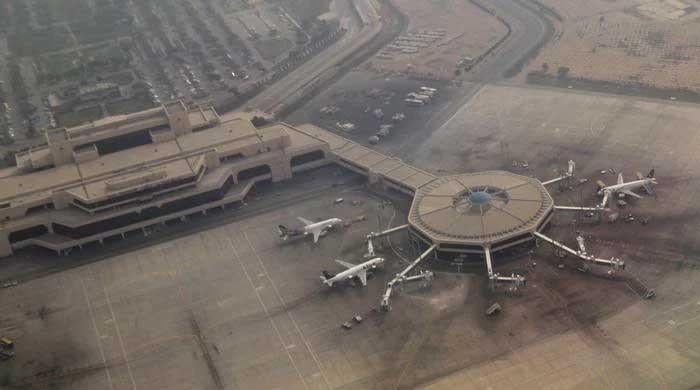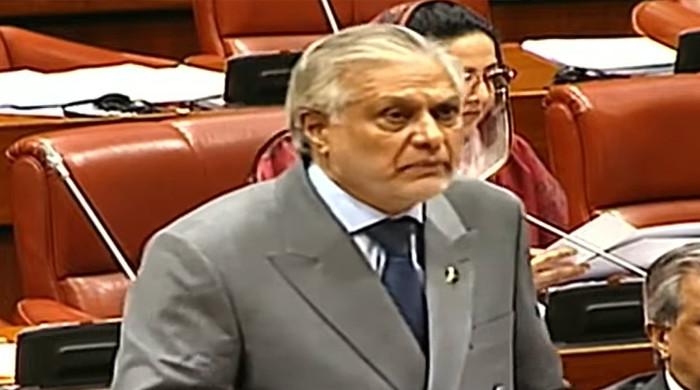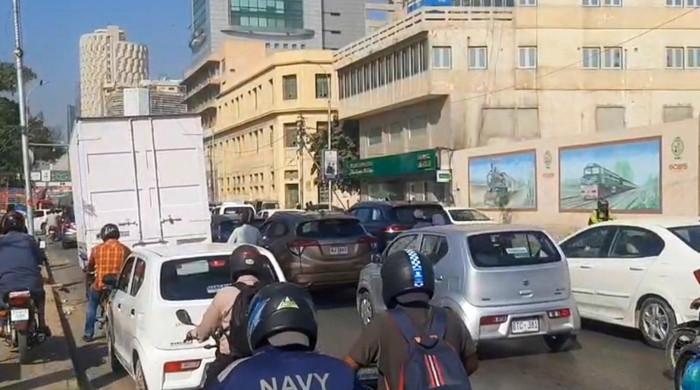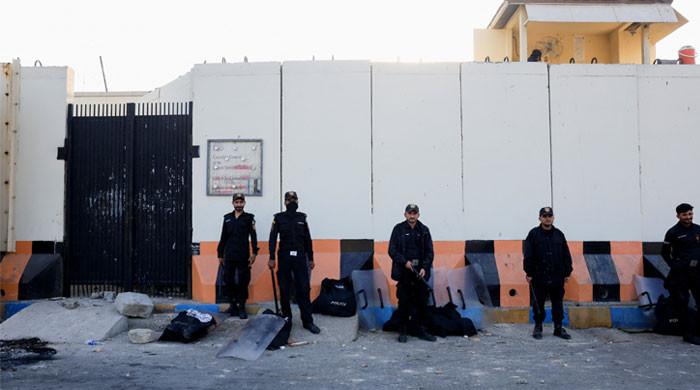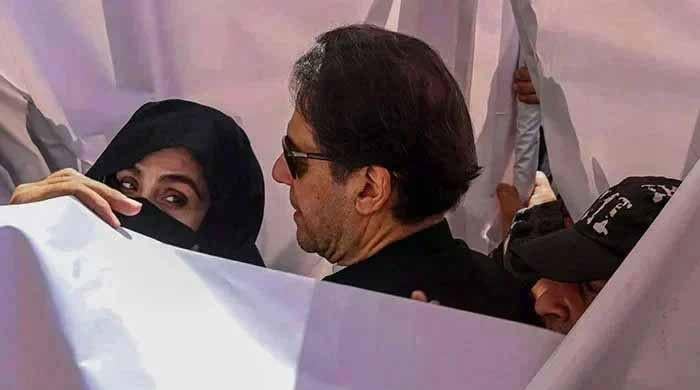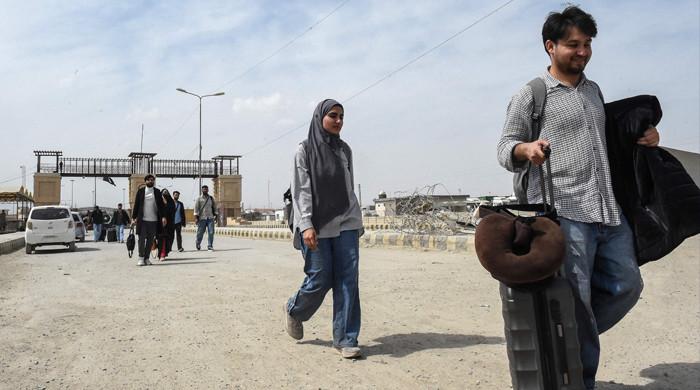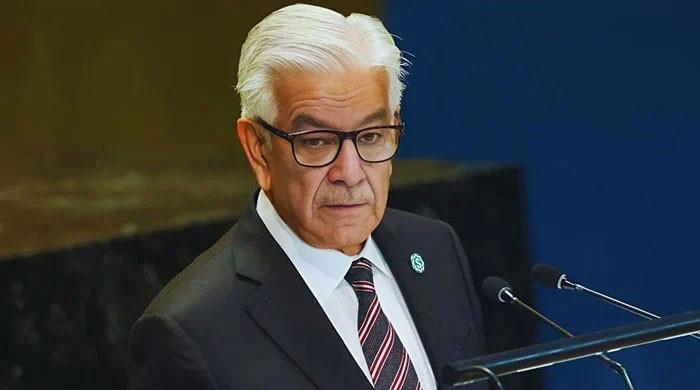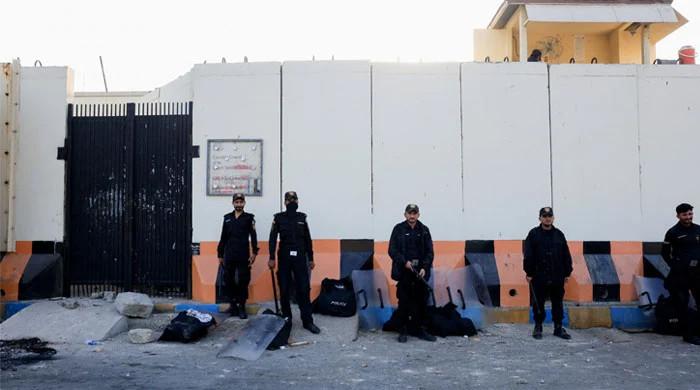Pakistan moves towards legalising Bengalis and Biharis, not Rohingyas
NA committee has decided to suggest a constitutional amendment to give legal status to the Bengalis in Pakistan
October 18, 2017
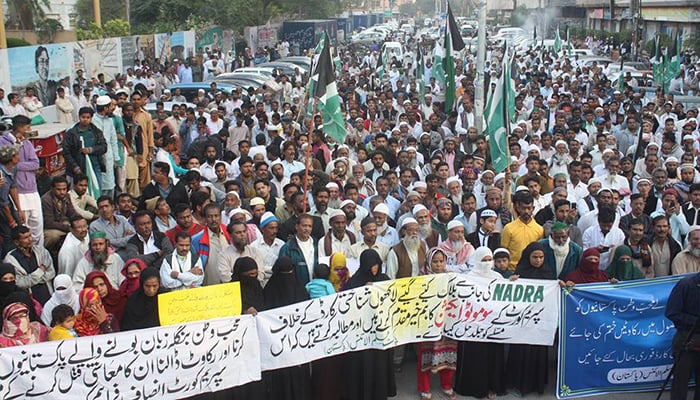
Every evening, a group of men, elders from Karachi’s Bengali community, would huddle together outside a small tea stall in Machar Colony. And every evening the conversation would be the same.
Their voices, soft and loud, dejected and angry, would complain about the troubles they face acquiring national identity cards. Everyone had a story to tell, of harassment by law enforcement agencies. Machar Colony is a poor neighbourhood, inhabited mostly by people of Bengali and Burmese descent. Walking through it was an ordeal. Police would often stop and frisk men, old and young. Then ask for a bribe, ranging from Rs200 to Rs1,000. Since few had a computerised national ID card they would be forced to pay the demanded amount. “In some instances, our people were even locked up for a few hours, due to the non-production of identity documents,” Shamsul Islam, an elder, tells Geo.tv.
But on October 12, the conversation was different. The voices were eager. The men more animated. A day earlier, a special parliamentary committee held a meeting in Islamabad to discuss the issues faced by the Bengali community, who migrated from East Pakistan prior to 1971 and are still denied citizenship. The 18-member committee was formed in January and has been chaired by the Deputy Speaker of the National Assembly Murtaza Javed Abbasi. Its agenda was to suggest a way forward for the re-verification of blocked ID cards.
Several meetings later, the committee decided, unanimously, to suggest a constitutional amendment to give legal status to the Bengalis in Pakistan. During the sit-downs, Sheikh Salahuddin, a member of the committee and a parliamentarian from the Muttahida Qaumi Movement, insisted that Bengalis as well as Biharis, who repatriated to Pakistan after Dhaka’s fall, were also vulnerable to harassment. The committee agreed to facilitate both communities.
There are few, if any, estimates of the exact number of the Bengalis in Karachi. But unofficial tallies put their number at 1.5 million, spread out across the poorest neighbourhoods, including Machar Colony, Ibrahim Hyderi, Arakanabad, 100 Quarters, Chashma Goth, Burmi Colony, Ali Akbar Shah Goth and Ziaul Haq Colony.
Lack of official documents denies these communities employment opportunities and other perks. Few can open bank accounts or purchase properties or even vote. Community elders complain that there are areas where basic civic facilities do not exist, such as clean drinking water or a proper sewerage system.
Khawaja Salman, a central leader of the Pakistan Muslim Alliance, a political party representing the Bengali community, told Geo.tv that his party members, and leaders from the Pakistan Muslim League-Nawaz’s Karachi chapter, recently met President Mamnoon Hussain and the newly-appointed interior minister to discuss the citizenship issues of the community. The meeting was positive. All of the problems faced by the Bengalis were brought up and the government promised to address them, adds Salman.
After a long time, it seems, that the parliamentarians are taking a keen interest in the rights of the Bengali and Bihari minorities in Karachi. But, strangely, the Rohingyas in the city have been left out. Outside Pakistan, the Rohingyas are fleeing persecution in Myanmar. The United Nations has branded it ethnic cleansing. While Pakistan has spoken out against the violence on international platforms, it has done little to regularise the Rohingyas at home.
“The issue of citizenship is a big issue that needs to be solved,” says a senior official of the National Database and Registration Authority based in Islamabad, who asked not to be named.
“Bengalis consider themselves ‘Pakistanis,’ but according to the law they are aliens.,” he added.
Even if the new legislation is made and passed, explained the official, the Afghan and Rohingya refugees would not benefit. “Their case is totally different and cannot be mixed with that of the Bengalis and Biharis.”
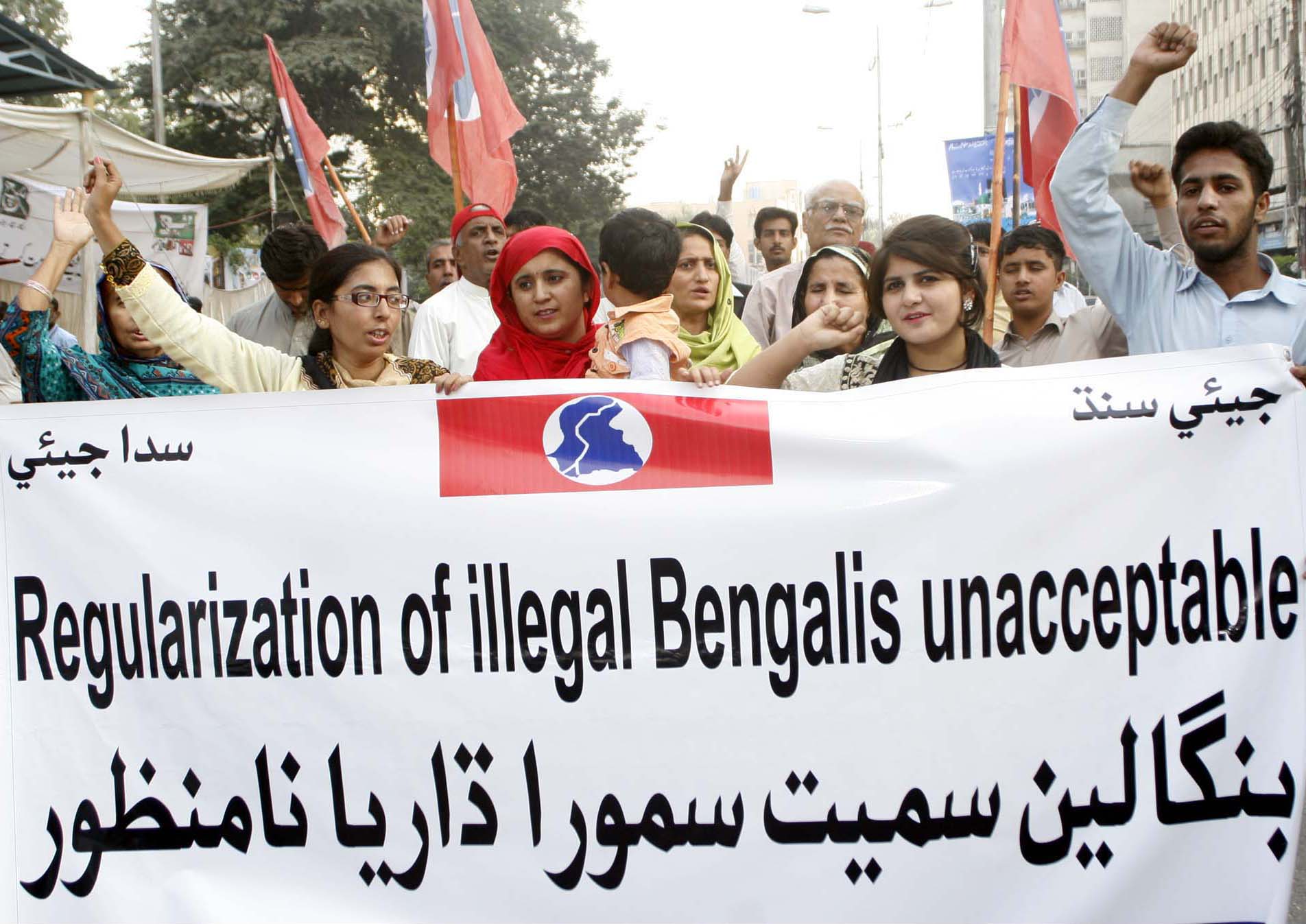
As of now, the will to mainstream the two minorities is there, but that has yet to be translated into paper. Yet, already, Sindhi ethnic parties are opposing any such initiatives. Abdul Khaliq Junejo, head of the Jeay Sindh Mahaz, believes that the Sindhi people will reject and protest against any government moves to legalise illegal immigrants, mainly Bengalis.
“The large scale of influx and migration, from inside and outside the country, is forcing the Sindhi people to become a minority in their own province,” Junejo said. “Instead, the government should send these people back home. And make sure they do not vote or have any other rights.”




